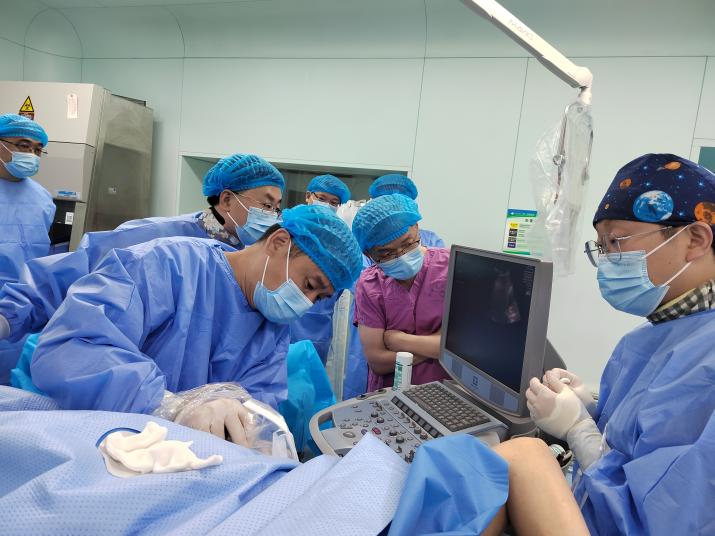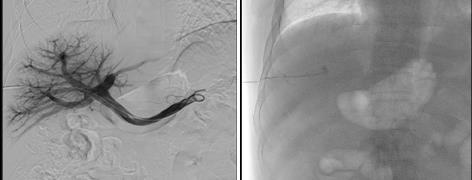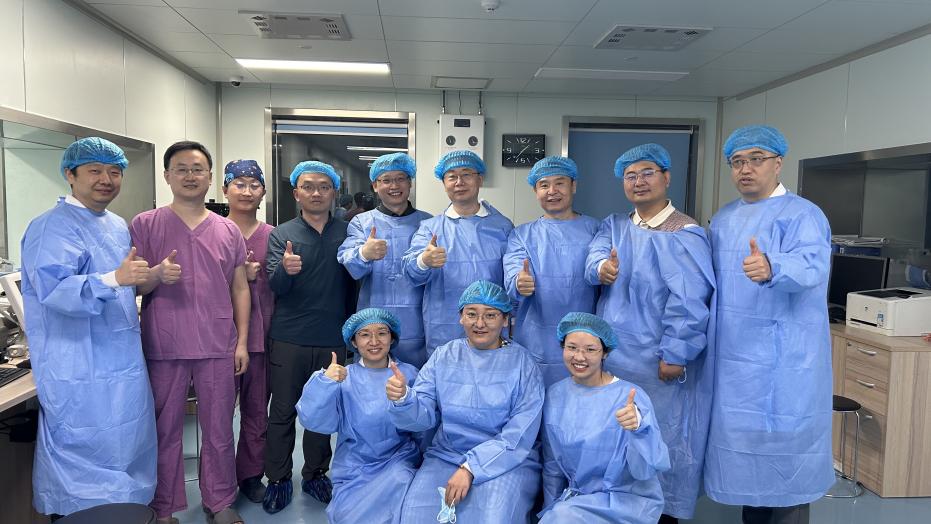On May 18, 2024, Department of Kidney Transplantation of the First Affiliated Hospital (FAH) of Xi’an Jiaotong University (XJTU) successfully performed the first case of allogeneic islet cell transplantation in northwest China. A young male patient, diagnosed with diabetes mellitus for 10 years complicated with renal failure, underwent renal allograft transplantation five years ago. In recent years, he has been treated with high-dose insulin subcutaneous injection to adjust blood glucose level, whereas the efficacy was poor. He has undergone eye surgery twice due to diabetic retinopathy. After islet cell transplantation, the patient's condition was stable, the blood glucose level was effectively controlled, and he was able to eat and live normally, and his quality of life was significantly improved. The success of this procedure also signifies the official launch of clinical application of islet cell transplantation for the treatment of diabetes in FAH.

This islet cell transplantation was led and performed by Department of Kidney Transplantation of FAH. Under the guidance of Changzheng Hospital of Naval Medical University, this islet cell transplantation was completed with full support and cooperation from Department of Organ Procurement and Allocation, Department of Gastroenterology, Department of Ultrasound Medicine and Department of Interventional Operating Room. In the early morning of May 18, after obtaining the donor pancreas, the surgical team took 6 hours to separate, purify and identify the islet cells, and a sufficient number of islet cells were finally obtained for clinical islet transplantation. In the early morning of May 19, islet cells were successfully implanted into the patient's hepatic sinuses through hepatic portal vein by minimally invasive technique. Postoperatively, the patient was recovered well and the blood glucose level was effectively controlled.

Compared with traditional treatment methods, islet cell transplantation has multiple advantages of higher efficacy, slighter side effects and higher quality of life, etc. Especially for patients complicated with diabetes who have received other organ transplantation, islet cell transplantation does not affect the use of immunosuppressants, but can also mitigate blood glucose level.
The implementation of this case of islet cell transplantation is successful application of research results by Department of Kidney Transplantation in the field of islet cell transplantation. It is also the further expansion of organ transplantation in FAH, which strengthens FAH’s influence of organ transplantation technology in China.
